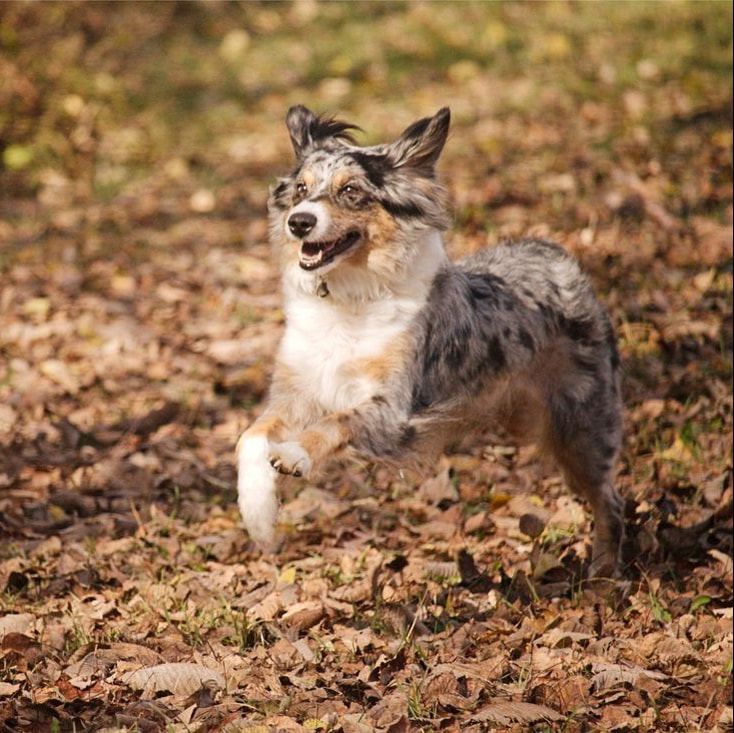Investigating Longevity in Aging Dogs
|
A group of retired racing sled dogs from around the US and Canada has been assembled to investigate aging in dogs. Using a reverse transcriptase (RT) inhibitor that has been safety-tested in dogs, we hope to extend and improve the quality of life in aging canines. Dr. Loftus' primary role in this endeavor is to elucidate changes in the immune system of dogs as they age and what effect RT inhibition may have on those changes.
You can sponsor one of our dogs to help support our research or learn more by visiting the Vaika Foundation website.
|
Vitamin D and Immune Mediated Disease
|
While vitamin D is usually thought of in its role in maintaining calcium levels in the body, it has important roles in the immune system. Immune cells express enzymes that convert the intermediate forms of vitamin D to the active form, calcitriol, and express the receptor for vitamin D. My lab has found that dogs with certain immune mediated diseases have lower levels of vitamin D than healthy dogs and that those with lower vitamin D levels overall had a poorer prognosis.
Further understanding of vitamin D and its role in helping to control the immune system may help us develop better strategies at treating these diseases.
|
Hepatocutaneous Syndrome
|
Hepatocutaenous syndrome (HCS) is a rare, but devastating disease in dogs. Affected pets may have painful skin lesions that are associated with an underlying liver disease low blood (plasma) amino acids. Our lab has recently found that all dogs with HCS are losing a certain amino acid, lysine, in their urine.
We are currently performing a study to understand metabolic changes in dogs afflicted with HCS. Veterinarians can reach Dr. Loftus through the main hospital number, 607-253-3060 to schedule a phone consultation for assistance with diagnosis and treatment. |
Loftus Lab at Cornell University
College of Veterinary Medicine
Ithaca, NY 15853
607.253.4395
College of Veterinary Medicine
Ithaca, NY 15853
607.253.4395



